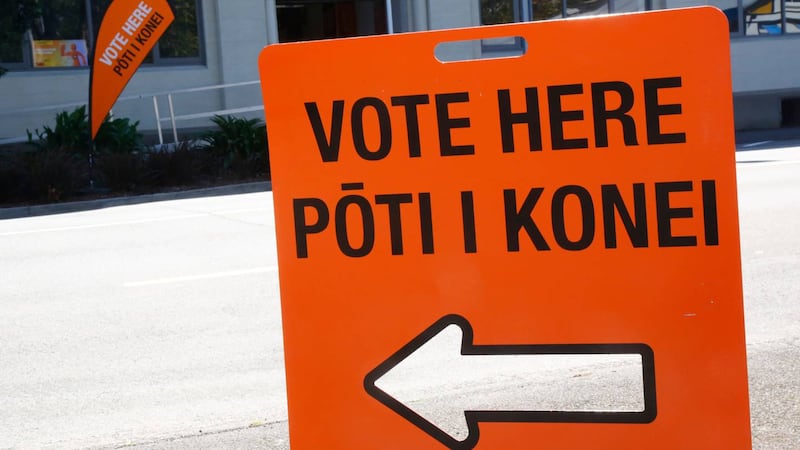An academic is raising concerns about how Māori voters will be treated on polling day in the upcoming 2023 general election.
Associate Professor Veronica Tawhai’s research found that Māori voters experienced several issues in the 2020 election, including some polling places having no Māori roll, no voting ballots for Māori electorates, and electors on the Māori roll experiencing discrimination and longer wait times.
Dr Tawhai (Ngāti Porou, Ngāti Uepohatu) is calling on the Electoral Commission to take steps to ensure these issues are not repeated in 2023.
“The poor treatment of some Māori by polling booth staff in past elections, due to their choice to be on the Māori roll, must also be entirely eliminated,” Dr Tawhai says.
Key recommendations included an increase in Māori venues as polling places, an increase in the number of Māori and te reo Māori speaking staff, the proper training of all staff with regard to the Māori roll and Māori electorates, and the vetting of staff for discriminatory attitudes.

The co-researcher of the Massey University research project John James Carberry (Ngāti Kahungunu ki Wairarapa, Ngāti Porou) says the negative experiences had by Māori are unnecessary and disheartening.
“Māori should never be made to feel a ‘nuisance’ or embarrassed because of the lack of regard being given to our electoral rights as Māori,” Carberry says.
In 2017 the Electoral Commission said concerns about unfair treatment and institutional racism at polling booths would be dealt with in 2020, but Dr Tawhai says her research showed said that hadn’t happened.
Carberry and Dr Tawhai say they will be running the survey again this year to gauge Māori voters’ experiences, starting from the advanced voting period on October 2.
The Electoral Commission told teaonews.co.nz it was working to address concerns about bias against Māori on election day.
‘In 2020 we ran a successful pilot of a bilingual voting place in Huntly. This election we have expanded that to 15 voting places where our staff can take voters through the voting process in te reo Māori or English.’ Chief Electoral Officer Karl Le Quesne said.
The Commission says it has focused on recruiting local community members for the 15 Kaupapa Māori voting locations to ensure voters feel comfortable.
They’ve provided training on the difference between the general roll and the Māori roll and offer an e-learning module on Māori pronunciation Le Quesne says.
If concerns arise, voters are encouraged to contact the Voting Place Manager or call 0800 36 76 56 for assistance.
A list of the kaupapa Māori voting locations is available on vote.nz
“We understand Māori voters may not have always had a good experience when they go to vote and we’ve been working hard to address this.” Le Quesne said

